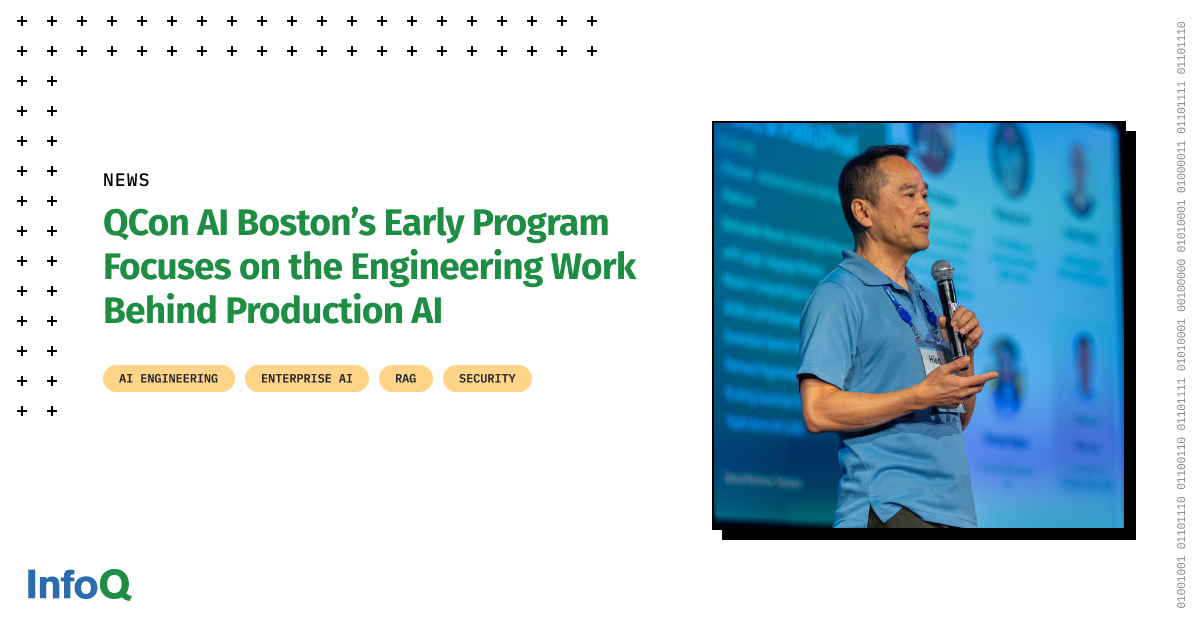Codetown
Codetown ::: a software developer's community
Cross-Platform Mobile Development
Mobile devices prove to be a setback for cross-platform software development, but I hope it will be a minor one. At present, Android totally dominates the mobile market both in terms of hardware and software volume. As well, mobile devices are overtaking desktops for overall usage as we speak. But Linux, as open-source-friendly as it is appears to be getting the rub from Google, so where are we?
As Google continues to grumble about not controlling the world, they're leaking details about a new generations of phones not based on Linux, but on their own home-grown operating system (OS), Magenta. Meanwhile, Apple is doubling down on their proprietary platform with the introduction of Swift, their brand-new shiny programming language. Microsoft is 10 minutes late with Starbucks while literally trillions of dollars of Android and iOS devices have already graced the market.
But there are a few rays of promise for a more unified mobile future. First, cross-platform development has become widely accepted, with several major players, SaaS app store distribution, and even a foundational Apache project, namely, Cordova. Secondly, OS owners are showing some willingness to embrace that approach: Google's leaks include talks of their own IDE producing code for iOS, etc., Microsoft's collaboration with Xamarin, and new sprouts like Ubuntu choosing a language designed for portability. Finally, the peace treaty that is EcmaScript 2015 has cause web-browser technology based on HTML5 and JavaScript to explode, fostering a new era of platform-independent frameworks specifically designed for web and mobile.
Those major players have carefully plotted their moves to foster business ties with their suppliers, partners, and consumers alike. But that's always been their game. Open, free hardware and operating systems doesn't raise their profit margins: at least they have to sell ads, right? No, the reality is the US military has been steering their battleships with GPS since 1978. The fact that we could find restaurants based on our location until only recently is simply a matter of control. This is quite the opposite of the Enlightenment, where wealthy lords freely gave anyone willing and able to learn total knowledge of every subject possible. The point is: eventually power returns to the people.
For today and tomorrow, I'll be visiting caniuse.com to press the envelope of JavaScript development. Combined with private and hybrid cloud, I'm seeing modern, scalable infrastructure compatible with legacy systems in the enterprise. While business is business as usual, the bottom line keeps dropping, making it harder and harder for proprietary players to hold their mobile OS line of business. They'll have to open up their technology or go the way of Ma Bell. Just ask them how many land-lines they sell these days...
* Ismail Jones is a freelance web and mobile developer, owner of Azizah Solutions, and software architect at Cerner Corporation.
Notes
Welcome to Codetown!
 Codetown is a social network. It's got blogs, forums, groups, personal pages and more! You might think of Codetown as a funky camper van with lots of compartments for your stuff and a great multimedia system, too! Best of all, Codetown has room for all of your friends.
Codetown is a social network. It's got blogs, forums, groups, personal pages and more! You might think of Codetown as a funky camper van with lots of compartments for your stuff and a great multimedia system, too! Best of all, Codetown has room for all of your friends.
Created by Michael Levin Dec 18, 2008 at 6:56pm. Last updated by Michael Levin May 4, 2018.
Looking for Jobs or Staff?
Check out the Codetown Jobs group.
InfoQ Reading List
Decentralizing Architectural Decisions with the Architecture Advice Process

Our system architectures have changed as technology and development practices have evolved, but the way we practice architecture hasn’t kept up. According to Andrew Harmel-Law, architecture needs to be decentralized, similar to how we have decentralized our systems. The alternative to having an architect take and communicate decisions is to “let anyone make the decisions” using the advice process.
By Ben LindersQCon AI Boston’s Early Program Focuses on the Engineering Work Behind Production AI

As teams move AI from pilots to production, the hard problems shift from demos to dependability. The first confirmed talks for QCon AI Boston (June 1–2) focus on context engineering, agent explainability, reasoning beyond basic RAG, evaluation, governance, and platform infrastructure needed to run AI reliably under real-world constraints.
By Artenisa ChatziouGitHub Data Shows AI Tools Creating "Convenience Loops" That Reshape Developer Language Choices

GitHub’s Octoverse 2025 report reveals a "convenience loop" where AI coding assistants drive language choice. TypeScript’s 66% surge to the #1 spot highlights a shift toward static typing, as types provide essential guardrails for LLMs. While Python leads in AI research, the industry is consolidating around stacks that minimize AI friction, creating a barrier for new, niche languages.
By Steef-Jan WiggersCloudflare Debuts Markdown for Agents and Content Signals to Guide AI Crawlers

Cloudflare has introduced “Markdown for Agents,” a feature that lets AI crawlers request Markdown versions of web pages. The company pairs the feature with a proposed “Content Signals” mechanism that lets publishers declare whether their content may be used for AI training, search indexing or inference.
By Matt FosterPresentation: What I Wish I Knew When I Started with Green IT

Ludi Akue discusses how the tech sector’s rising emissions impact our global climate goals. Drawing from her experience as a CTO, she explains seven key lessons for implementing Green IT. She shares insights on LCA assessments, the paradox of microservices, and why FinOps doesn’t always equal green.
By Ludi Akue
© 2026 Created by Michael Levin.
Powered by
![]()